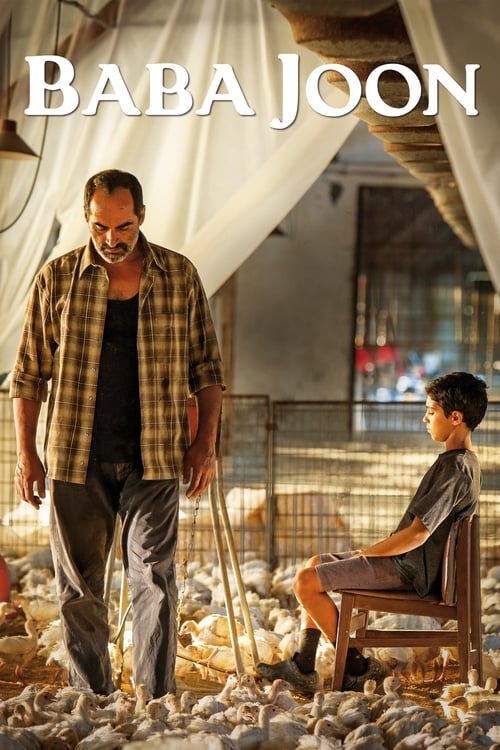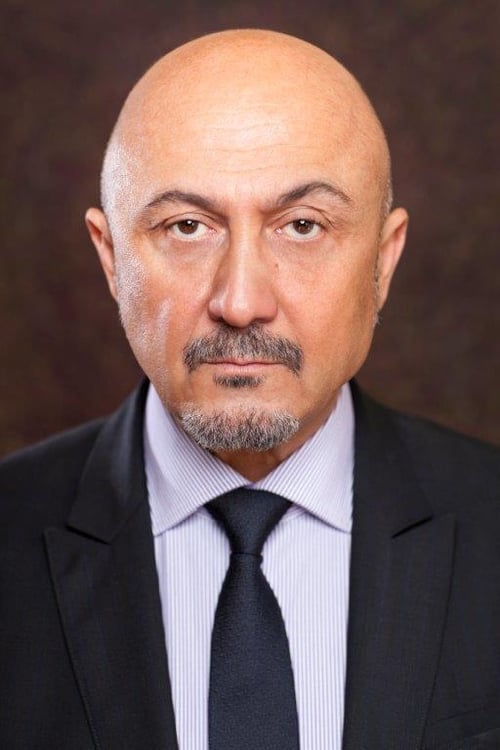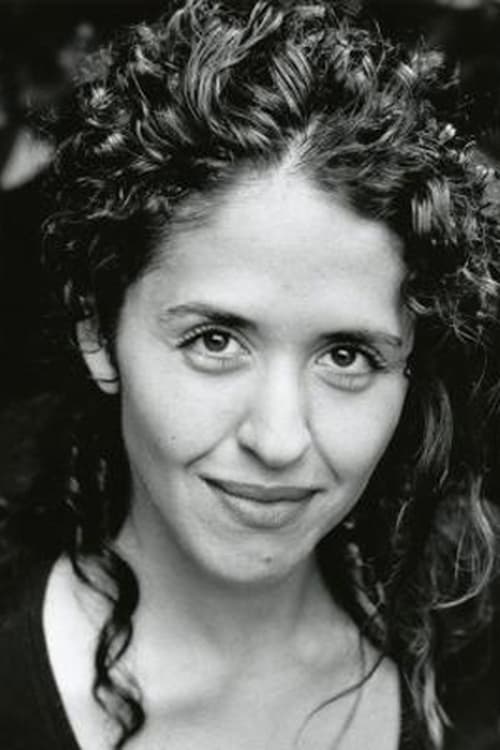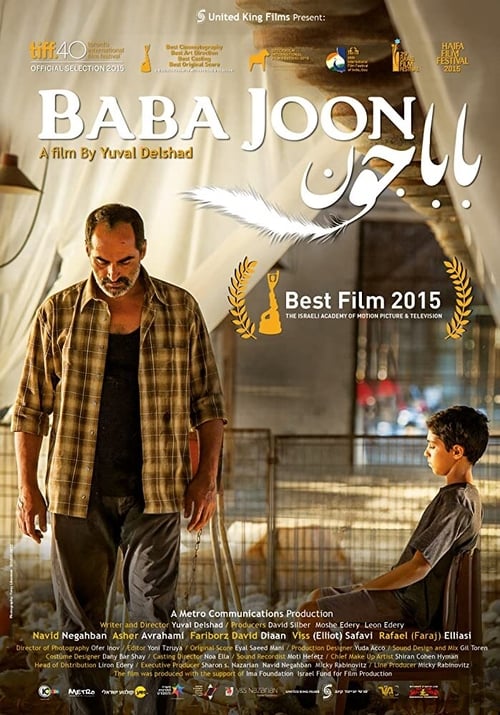Baba Joon (2015)
Genre : Drama
Runtime : 1H 31M
Director : Yuval Delshad
Writer : Yuval Delshad
Synopsis
Yitzhak runs the turkey farm his father built with his own two hands after they emigrated from Iran to Israel. When his son Moti turns thirteen, Yitzhak teaches him the trade, hoping that he will continue the proud family tradition. But Moti doesn't like working in the turkey barn; his passion is fixing up junkyard cars and bringing them back to life. Moti's mother Sarah tries to reconcile between the two, while his grandfather pushes Yitzhak to take a firm hand with his son. Yitzhak takes Moti's refusal to work in the turkey barn as a personal rejection. Though he loves his son dearly, he makes it his mission to impose the family farm on Moti. The arrival of Darius, the uncle from America, sets off a chain of events that will undermine the familial harmony. Soon enough Yitzhak will learn that his son is just as stubborn as he is. The conflict is inevitable.

Set in mid-70's, 12-year old Dvir Avni navigates between the equality values of his home-born Kibbutz and the relationship with his undermined mother, whom the Kibbutz members will to denounce.

Individual memories of a group of teenage Holocaust survivors in Israel creates sharp conflicts among them.
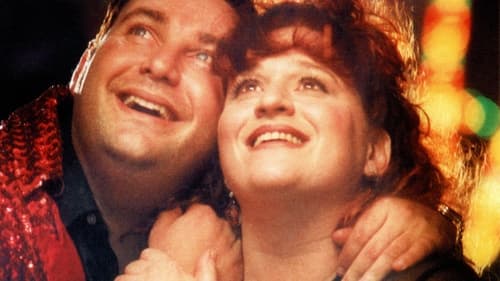
David is a garage electrician, who dreamt all of his life of becoming a magician, but had no luck in it. His girlfriend Batya wants an ordinary life, but David is still looking for his dream, so he links up with Romanian immigrant Shimon, who is an expert magician.

Ya'ara, a blind PhD candidate in Mathematics at Princeton University, hears of her cousin Talia's suicide. Ya'ara rushes back to Israel. They were best of friends and twin spirits. Talia saw for both of them, and was always the one who believed and led Ya'ara to believe, that in spite of her blindness, Ya'ara could see everything. Ya'ara joins Talia's family for the traditional 7-day mourning period and there, she discovers the secrets of Talia's life and embarks on an investigation trying to discover the reason that led Talia to commit suicide.

A young girl and her mother both carry the scars of their experiences during the holocaust in this drama from Israel. In 1951, Aviya is a ten-year-old girl being raised by her single mother, Henya, in a small village in Israel. Henya is a survivor of a Nazi concentration camp, and has come out of the experience considerably worse for wear; she's haunted by the memories of her past, and has become emotionally unstable. Circumstances for her and her daughter are hardly improved by the poverty of the newly wounded state of Israel, and their own difficult economic circumstances. Aviya, meanwhile, is obsessed with finding her missing father, and wonders if he might be the man who has just moved into their village. Henya, however, knows better, and knows why Aviya's father is never coming back to them.
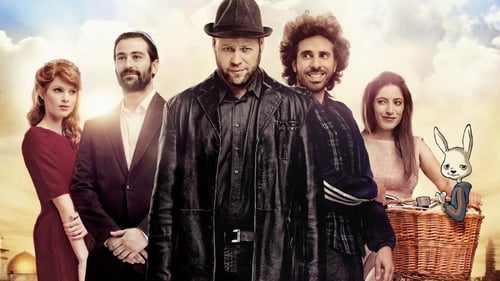
Avi Nesher's new film tracks the complex relationship between a Jerusalem Graffiti artist and a mysterious modern day prophet who is imprisoned in an abandoned apartment across the Artist's window.

When a pair of estranged Israeli sisters—one who stayed at the childhood home to care for their debilitated father, the other who left for a new life in Tel Aviv—are reunited, they must come to terms with the circumstances that tore them apart.
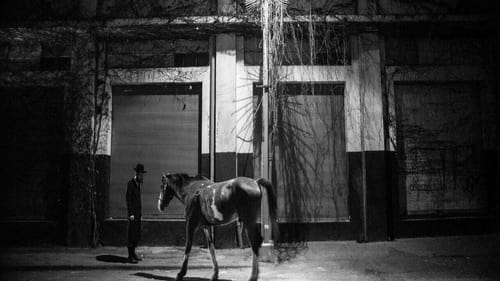
Haim-Aaron is a bright, ultra-orthodox religious scholar living in Jerusalem. His talents and devotion are envied by all. One evening, following a self-imposed fast, Haim-Aaron collapses and loses consciousness. The paramedics announce his death, but his father takes over resuscitation efforts and, beyond all expectations, Haim-Aaron comes back to life. After the accident, try as he might, Haim-Aaron remains apathetic to his studies. He feels overwhelmed by a sudden awakening of his body and suspects this is God testing him. He wonders if he should stray from the prescribed path and find a way to rekindle his faith... The title means "Rectify" in Hebrew; nevertheless the movie is called Tikkun in the English-speaking world.
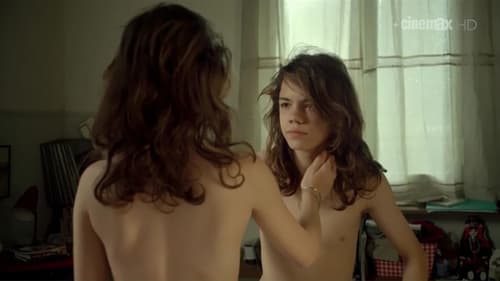
While her mother is away from home, 12-year-old Adar's role-playing games with her stepfather move into dangerous territory. Seeking an escape, Adar finds Alan, an ethereal boy that accompanies her on a dark journey between reality and fantasy.

“My best friend, Anna, asked me if I would mind taking her fifteen-year-old son Itvan to Berlin with me. I accepted immediately.” An elegant, refined man in his forties sets off with Itvan on a long, enjoyable journey, his Winter Journey. They cross snowbound Germany by car. As the man drives the boy through cities and countryside, Itvan discovers the past and the vast job of reunification now underway. Poetry and culture are also part of the journey, which is accompanied by classical German music. When their paths cross with the man's former lovers or the journey provides unexpected encounters, Itvan also gets to know more about the man's own life. When they finally arrive in Berlin, their ways must part. Itvan watches the man leave, taking the melancholy of his existence with him. However their journey together has created an unbreakable tie between the two men. Itvan will never be the same again.

A young Jewish boy travels europe in search of the grave of his Great Grandfather who was killed by the Nazis in the War.
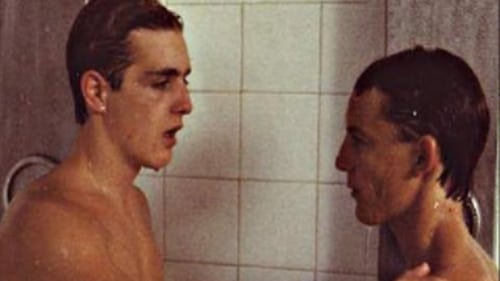
Matthew is a boy who just left school. He is handsome and athletic and believes himself to be gay. He retains a friendship with only one school friend, Phil, who has stuck by Matthew despite hostile reactions from his peers. As their relationship grows more intense, Phil's girlfriend Sharon and his classmates become vindictive and aggressive. The two friends find themselves ostracized by both friends and family and decide to run away.
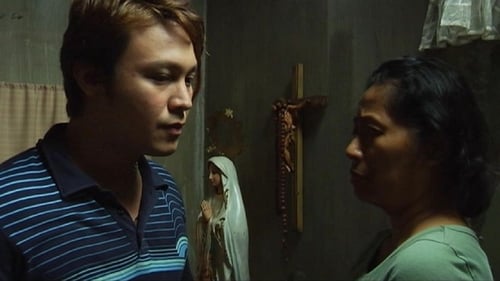
Jay is the name of the two protagonists in the film, one is living, the other dead. The living Jay is producing a documentary of the dead Jay, a gay teacher who was brutally killed. As Jay recreates and examines the life of his subject, his own life is affected when he unravels his subject's hidden life and secret love.

In 1939, José Garcés is in French prison camp after the defeat of Spain's Republicans. To entertain and inspire his fellow prisoners, he tells the story of becoming a man in 1919, the year he realized that learning to live is the same as learning to die. His stiff and demanding father loses a fortune in German war bonds, takes a job in Caspe, and leaves José on his own in Zaragoza to finish high school while apprenticing in a pharmacy. José courts his beloved Valentina via letters, becomes intimate with Isabel, a maid he meets in a cinema who shares his ideas of free love, and comes under the influence of El Checa, an anarchist and gentle teacher who leads a doomed revolt.

Matei lives with his grandfather in Romania. His parents have gone to work in Italy. After arguing with his grandfather, he leaves. A poignant, beautifully shot film on the illusions and disillusionments of childhood.

In Paris, in 1942, on a Thursday, the Parisian police herded together some 13,000 Jews for deportation to German territory. In this story, Paul (Christian Rist) is a teenager who tries to prevent this from happening. At first he attempts to save two elderly Jews, but they are resigned to their fate and comply with the order to assemble. For a short while, he is able to keep Jeanne (Christine Pascal) from joining them, but, after a long and strenuous day, she finally escapes from him he is too tired to chase after her.

If the scorpion could see and the viper could hear, there would be no escape". The viper is deaf and the scorpion can't see, so it is and so shall be, the same way the countryside is peaceful and the city bustling and the human being impossible to satisfy. Lacrau demands the return "to the curve where man got lost" in a journey from the city towards nature. The escape from chaos and emotional void we call progress; matter without spirit, without will. The search for the most ancient sensations and relationships of mankind. The amazement, the fear of the unknown, the loss of basic comforts, loneliness, the meeting with the other, the other animal, the other vegetable. A dive looking for a connection with the world. Where beginning and end are the same, but I am not.

Although he was once a colonel in Argentina, the principal character in this film is now a wealthy exile living in Paris with his beloved wife, who has been unable to bear children. To fill this void in their lives, he feeds and clothes abandoned children, raising them in his mansion as if they were his own. As would never be the case in real life today, in this fantasized story set in 1925, no one objects to this behavior, and they live pleasantly and enjoyably together. Things grow considerably more animated when a stage magician places his very attractive daughter in the colonel's household, which stirs a lively romantic interest from his boys and from the great man himself.
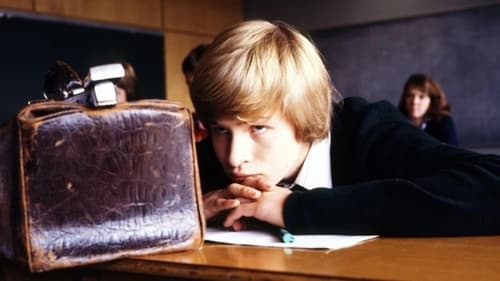
15-year-old Moritz lives in a posh area of Hamburg, but his parents did not care about it. The teenager suffers from ridicule of his classmates and finds refuge in his dreams and playing the saxophone. Only when he joins a band and began performing there Moritz pulled out of the vicious circle, and finds love with new friends...

A family finds itself in a dead-end situation. They are only safe behind the walls of their own house and yard. As time vanishes from their home, the shelter slowly turns into a prison. However, nothing can keep the children from dreaming and yearning to be free and the urge to make a decision seems inevitable.
